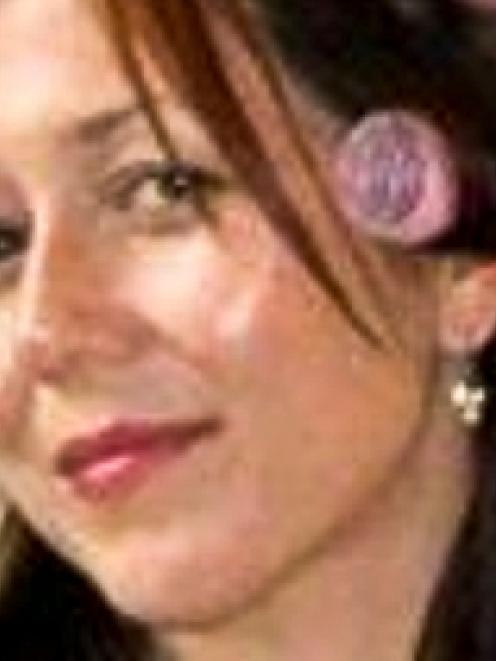
Dr Rose Streat had to be breath-tested before and during each shift for the Auckland District Health Board after being given a second chance to qualify.
She was allowed to return to the training programme last year after convincing officials she had overcome problems that saw her escorted from an operating theatre at Auckland City Hospital in 2008.
But yesterday, she was found guilty of professional misconduct by the Health Practitioners Disciplinary Tribunal in Auckland.
One of the two charges against Dr Streat was laid after it was revealed she had pleaded guilty to driving drunk in August 2012.
The other was a cumulative charge of professional misconduct after she was found to be drinking alcohol despite signing a contract saying she would abstain, to have lied about drinking, failed to disclose the drink-driving charge and failed to engage in the professional conduct inquiry.
In February last year, Dr Streat was readmitted to the health board's trainee anaesthetist programme on the condition that she consumed no alcohol inside or outside the workplace, after an incident in 2008 when she was drunk at work.
The supervisor of training for the Australian and NZ College of Anaesthetists (Anzca), Dr Sarah Nicolson, told the tribunal she escorted Dr Streat out of an operating theatre at Auckland City Hospital in August that year when she could smell alcohol on her breath and she appeared drunk.
Dr Streat moved to Australia after not sitting her final exams with Anzca.
In September 2012, she told the health board she was sober and ready to return to the trainee programme.
She did not tell anyone she was facing a charge of drink-driving.
The tribunal heard evidence from the board's clinical director of anaesthesia, Dr Charles Bradfield, who said he felt it was necessary to take steps to protect other staff and patients from Dr Streat's condition.
He drew up a contract that would ensure she was breath-tested before and at a midway point of each shift.
Six days after she started back at work, Dr Streat failed a breath test.
"I was incredulous that she had failed the test, and initially wondered whether there was something wrong with the Breathalyzer, so I repeated the test," Dr Bradfield said.
The second test also returned positive. "Throughout this, Dr Streat absolutely denied to my face that she had been drinking."
Dr Streat was stood down and invited to attend a disciplinary meeting. She resigned on March 6, saying the positive test came as a shock. She admitted to having had three drinks the night before the test was taken.
The immediate past chairman of Anzca's New Zealand national committee, Dr Geoff Long, said the college couldn't comment on individual disciplinary cases, but he emphasised that safety was paramount.
"As with the general population, doctors can have problems with substance abuse and the college recognises this. We provide trainee and supervisor education and support, as well as easily accessible doctor welfare resources."
A health board spokesman said alcohol was not permitted within its facilities and a zero-tolerance approach was taken to staff working with alcohol in their systems.
"In situations where we are aware of a personal issue that may affect a clinical staff member's professional performance, we put appropriate safeguards and support in place to ensure patients are not placed at risk."
Dr Streat was not present or represented at the hearing.
She failed to engage in the process despite the tribunal's professional conduct committee trying 13 times to reach her.
She was censured, suspended from practice for three months and ordered to pay $15,600 to the committee and the tribunal.
When she returns to practice, for three years she must abstain from alcohol, submit to two breath tests a day, be supervised at work and attend an addiction support network.
- Sophie Ryan, Brendan Manning












